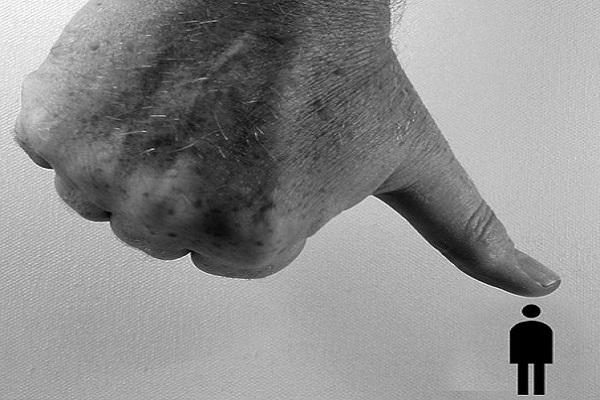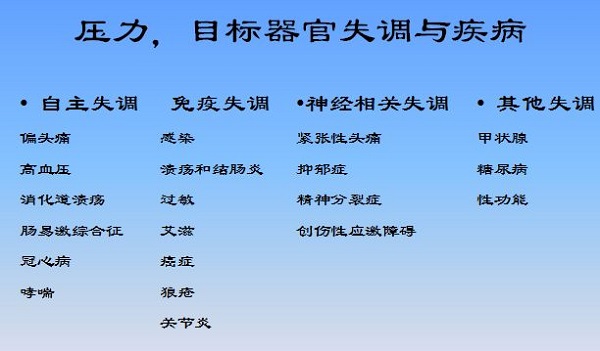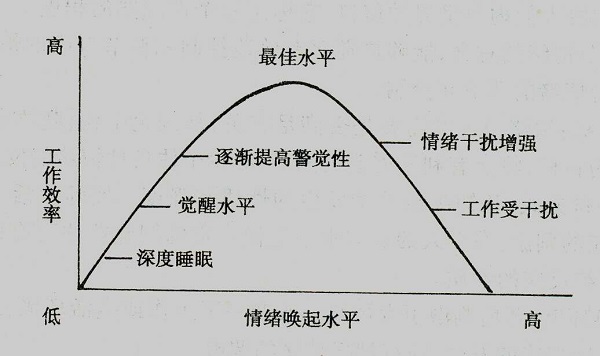Enterprise information
Disclosure: How Mental Stress Affects Health

Stress and health are closely related. They are opposite and unified. As Greenberg said, "Health and disease are not opposite concepts, but interdependent and transformative unity". Stress and health are the same. In social life and the whole process of life, people can not live without pressure, nor can the pressure be too great to exceed the load of people. As long as the pressure is moderate, it is good for people's development, but too much pressure is not conducive to people's health.
The Biological Basis of Stress Affecting Health
When stress sources appear, they are transmitted to peripheral receptors, through sympathetic nerve and adrenal medulla, leading to the rise of catecholamine and glucagon in the body. At the same time, the adrenal cortex secretes glucocorticoid through the increase of endorphin, prolactin, ADH, GH and ACTH secreted by the cerebral cortex and hypothalamus of the limbic system. Hormone GC increased.
It is believed that sympathetic hyperactivity is closely related to essential hypertension, hyperthyroidism, neurodermatitis and migraine, while parasympathetic hyperactivity is closely related to psychosomatic diseases such as rheumatoid arthritis, bronchial asthma and duodenal ulcer. It can be seen that when the pressure "bursts the watch", resulting in the emergence of various adverse physical and psychological conditions.
II. Stress Regulation of Psychological and Social Factors
The body and mind are a unity, and they are interrelated. Psychosomatic medicine is a science that studies the effects of psychological factors and social factors on health and disease, and their interrelationship. Social psychological factors are various social factors that exist universally in the social environment and can lead to psychological stress and thus affect health. Social factors are the basic factors affecting psychological activities and behaviors, especially social culture, social relations, social work and living environment, etc. Social factors, as a source of stress, cause changes in people's psychological activities and behavior. The influence of psychosocial factors on health is mainly through the life events that people often encounter in their daily life. If the stress state is strong and lasting, it will affect health beyond the body's ability to regulate energy, and even lead to mental and physical diseases.
Social factors have the effect of alleviating people's pressure, but also the reaction of strengthening people's pressure. Health management refers to a process of comprehensive management of health risk factors of individuals or groups. Its purpose is to mobilize the initiative of individuals and groups, and effectively use limited resources to achieve the greatest health effects. Therefore, social factors have a moderating effect on stress.
3. Talking about Stress Feeling, Coping Style and Health Impact
Stress psychologist Lazarus said, "Stress is a response to an individual's inability to respond to perceived psychological and physiological threats." When pressure occurs, it will inevitably affect a person's physical and mental state, leading to a variety of diseases.

When stress occurs, leading to various unhealthy states of the body affecting health, our body response system will also respond to these states, to achieve the role of regulation and "fire extinguishing", so that the body in the "pressure-imbalance-regulation-balance" of the benign cycle of operation and balance. The new supersedes the old.
IV. How to Further Strengthen the Self-management Ability of Stress
Alexander holds that the special conflict theory of psychosomatic diseases, that is, some psychological conflicts are related to specific types of psychosomatic diseases, while Honey holds that neurosis can be caused not only by personal experience, but also by the special cultural environment in which people live.

William Donmes, professor of psychology at Harvard University, said, "The greatest discovery of our time is that human beings can change their lives by changing their mindset." Therefore, by adjusting our mindset, we can adjust our physical and mental stress, thereby improving our health.
Firstly, we should establish a holistic view of health. Stress, disease and health are never opposed to each other. They affect each other. We need to look at them in a unified way. Therefore, it is very important to establish a holistic view of health.
Secondly, we should understand the basis of psychosomatic interaction between health and disease. Health and disease are "twin sisters" and are associated with each other. Without disease, there is no health, no health and no disease. They interact with each other through the body, brain, nerve response system and so on, so as to achieve mutual influence and interaction.
Third, improve the ability of health self-regulation. In the face of pressure, in addition to the reduction of external objective pressure, more importantly, we should adjust ourselves according to our own physical condition. To fully understand their physical and mental state, through diet, living, work and rest, exercise, behavior and habits to regulate, so as to achieve the goal of maintaining health.


